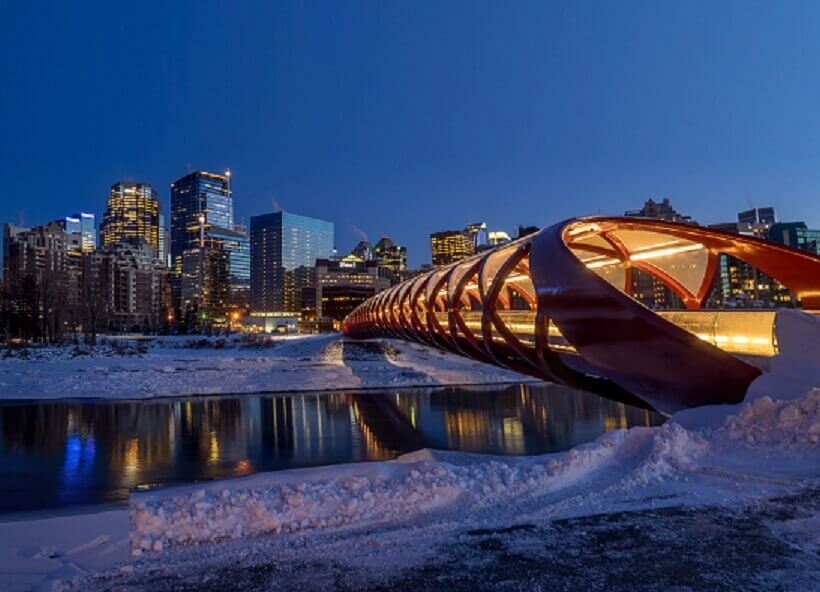
Hotels are an essential part of life, allowing people to travel farther and stay away from home longer. Returning visitors know what to expect when they book with the same hotels, but the necessity of hotels doesn’t negate the influence they have on local economies.
Whether a property is a small one-star hotel or a massive five-star place of luxury, it makes the community a better place to live. Dive into the economic impact of hotel development and learn why it’s essential to the well-being of cities, states and countries:
1. They Create Jobs
As new hotel construction begins, the owner and management team plan how many staff members they’ll need for each daily shift. The number will change during on and off seasons, especially when 115.6 million people travel to see family and friends around the holidays.
The creation of these jobs is one of the first major ways hotels improve communities. After each person finishes their training and completes their paperwork, the money distributed through their paycheques has a direct impact on the economy because they spend it on nearby housing, necessities and shops.
2. They Invite Travellers
Smaller towns usually don’t see the same influx of tourism like popular spots such as New York City or Los Angeles. Even if these cities offer things to do, poor rental units may give the area a bad reputation for vacationing.
Hotels provide a reliable, quality place to stay, which invites more travelers to check out the area. Even if the locals groan at the thought of more traffic or confused out-of-towners, tourism supports the local economy by increasing the money spent at nearby stores and other attractions.
3. They Buy Local Food
Many hotels develop on-site restaurants that buy from local farms. Small farms struggle to compete with big business, so buying directly from places down the road allows these agriculturists to keep producing food for grocery stores and other restaurants.
The sales from on-site meals also have a fiscal impact. Local, state and federal taxes collected from the sales go back into funding the government, which turns into more paved roads, improved infrastructure and increased essential services.
4. They Promote Innovation
Sustainability is one of the leading hotel trends because consumers want to stay with brands that share their values. Looking for the next forms of green technology and sustainable designs is part of hotel development. Some hotels use solar energy panels to power the property and reduce their carbon footprint. Nearby businesses will watch consumers support the eco-friendly innovation and likely do the same, which they may not have considered without nearby hotels setting the green standard.
5. They Promote Local Businesses
Most people who book a hotel room won’t be familiar with the surrounding area. Hotels meet this need by setting up a pamphlet display in the lobby or leaving information about local businesses in individual suites. Pointing guests to popular tour guides, restaurants and forms of entertainment may interest them in spending money in different ways around the city.
In response, businesses may create more jobs to keep up with tourist demand, which indirectly impacts hotel development. Once the cycle starts, it continues to expand the economic benefits of tourists visiting businesses and eateries.
6. They Invite Competition
If an area suddenly has more tourists and proves profitable, competition will arrive and boost the economy through more fiscal impact. City governments will make money off the lodging and property taxes, so constructing more hotels means more money to improve locals’ daily lives.
They Help Everyone Thrive
Hoteliers can measure the economic impact of hotel development in these ways, but every aspect of hospitality helps the city thrive. People and businesses experience a better quality of life as hotels flood the economy with profits, making the destination more enjoyable for everyone who lives there or passes through.



















